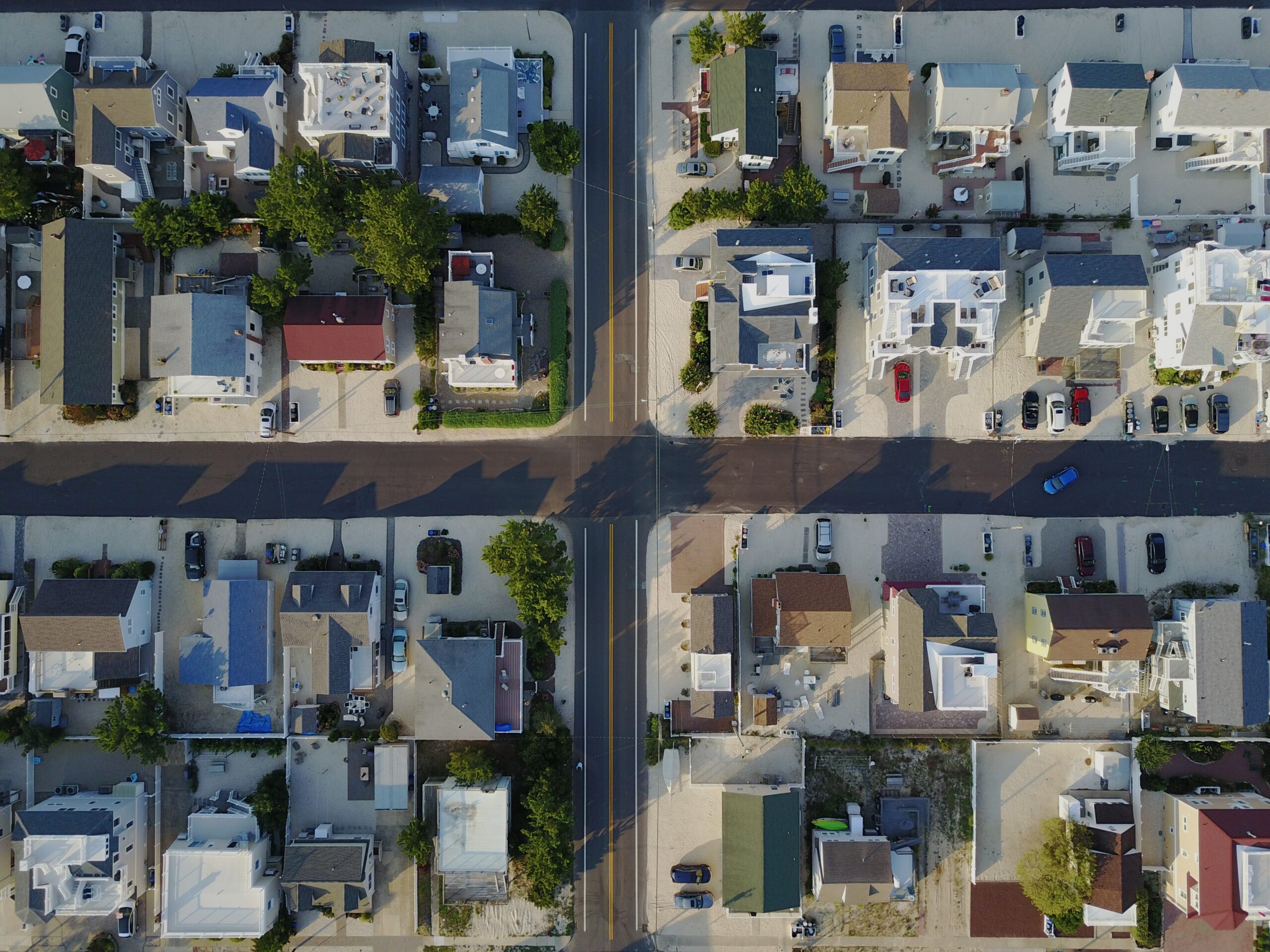
Buying a home is one of the biggest financial decisions you will make in your life. Get the decision right, and you can look forward to a long and beautiful retirement. Get it wrong, and you’ll probably always struggle to make ends meet.
This sort of high-stakes game can make the stress of buying a home feel extreme. You want to make the right decision, but there are so many financial worries going through your mind that you feel your head could explode.
The effects of inflation and high-interest rates aren’t just wreaking havoc at a personal level. They are also taking their toll on society at large. If interest rates rise, mortgages become more expensive, and house prices fall, the entire economy could be affected.
Why Interest Rates Drive Everything
It seems strange that a single price in the economy – the price of money – could be so important. After all, when egg prices rise, it doesn’t spell doom for financial portfolios.
But money isn’t like anything else. It’s one-half of every transaction, meaning anything that affects its temporal value can lead to profound changes in resource allocation.
When interest rates rise, borrowing becomes more expensive. People who take out credit must give up more money tomorrow to benefit from extra cash today.
This dynamic significantly affects the housing market. When interest rates rise, borrowing becomes less affordable because repayments eat up a larger chunk of people’s income. While there is always some slack, recent large increases in rates mean that houses are becoming less affordable. And when that happens, sellers must drop their prices.
Of course, that’s not quite the end of the story. Falling house prices are a problem because so many people store their wealth in their homes. In a rational market, they would spread bets around in different assets, off-setting losses in one against gains in another. However, most people don’t do that. They prefer to put most of their eggs in one basket, so to speak, leaving their employer to take care of their pension.
Naturally, this approach causes problems for society if interest rates rise too much. If house prices fall, people feel less wealthy, and net worths start declining. Individuals begin making different decisions today, such as demanding less, based on the expectation they will get less money for their home in the future.
The financial system can also experience strain. Existing mortgage payers paying higher rates come under increasing financial pressure, unable to repay on time via their regular wages. At the same time, falling house prices reduce homeowners’ incentives to continue paying for depreciating assets, worsening banks’ balance sheets further. Savvy buyers will look for cheaper mortgage quotes online, but that doesn’t undo the systemic effects.
Ultimately, interest rates drive the entire economy. Currently, central banks are raising them to tame inflation, but they risk a new financial crisis. Backstopping the banks while raising interest rates on the front end doesn’t deal with inflation, meaning rising prices could be with us for many years yet.
